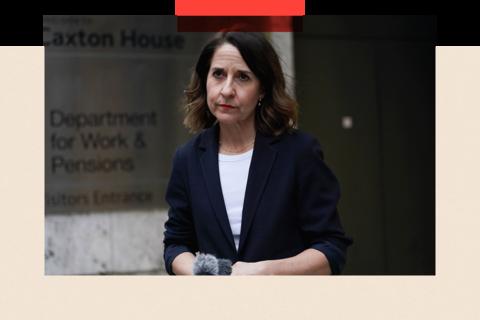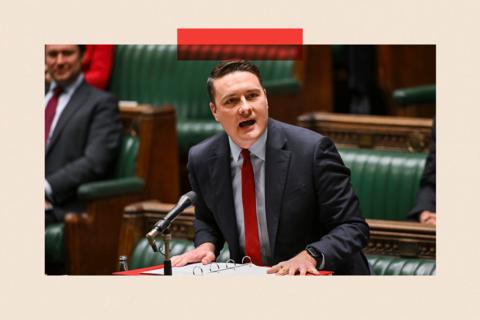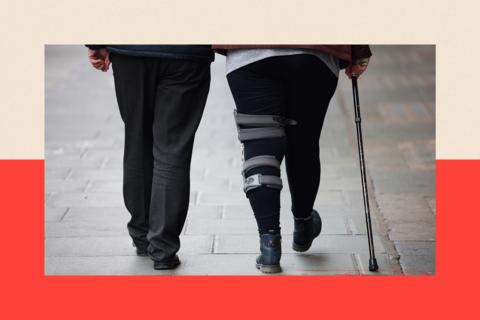In the next 24 hours and then over the following fortnight up until the Spring Statement, the government is going to talk a lot about a broken welfare system that is failing the people who use it, the economy and taxpayers.
Taking a tough call on fixing it goes against the instincts of much of the Labour Party and has already sparked an internal backlash that could rise to ministerial level, as well as protests.
The government is making two key related judgements. The first is that the country cannot afford to sustain recent ballooning increases in the health-related benefit bill and caseload, in particular for mental illness.
At the same time, it will argue that a job is the best medicine.
Underlying this is an assumption that a health-related benefits system that was built-up to deal with industrial injuries can't apply to the post-pandemic service economy workforce.
The net result is likely to be significant changes to Personal Independence Payments, aiming to reduce eligibility for the highest levels of payments, especially among those of working age with mental illness.
In addition, there will be a levelling of the generosity of the health component of Universal Credit. This will save billions of pounds, and about a billion of that will be reinvested in trying to help get those capable of part-time work some help for a partial return.


